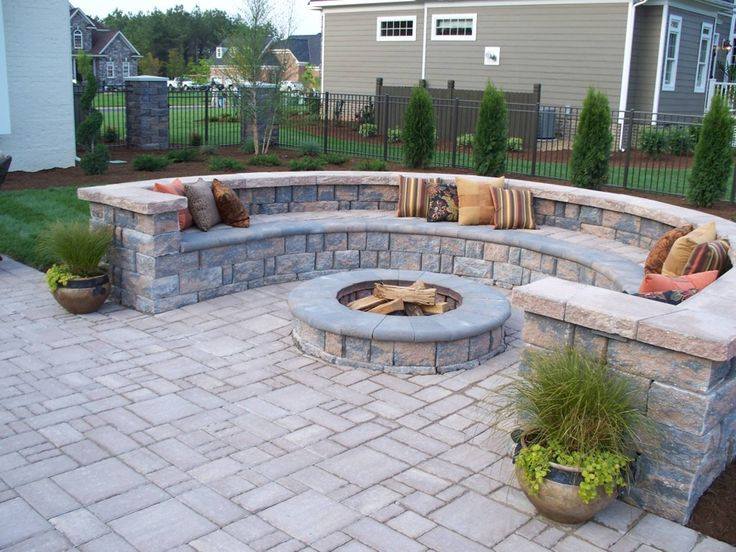Masonry buildings are still quite popular in residential, commercial, and industrial construction. The masonry materials and technology contribute to the structural stability, longevity, energy efficiency, fire-resistance, sound-proofing, and thermal mass of a building. Despite these advantages, masonry damage is possible due to a variety of factors.
Moisture Penetration
One of the most common reasons for masonry structures to fail is moisture. Water may easily seep into exposed masonry walls, causing their structural integrity to be harmed. When water leaks into a masonry wall and freezes and thaws, it puts pressure on the entire structure.
Cracking
Masonry buildings are susceptible to fractures. They may be the result of settlement or damp penetration. Inadequately compacting mortar can also cause cracks in the joints. Pressure placed on a masonry wall or foundation by natural disasters like earthquakes and floods can cause fractures.
Staining
Exterior-facing masonry walls are prone to staining and may be a significant problem for homeowners concerned with the aesthetic appeal of their house. Masonry materials or mortar come into touch with the elements, causing staining. Water seepage and crumbling masonry are the most common causes of masonry discoloration.
Bond Failure
Bricks and stones in masonry must remain connected to ensure the building’s structural soundness. In structure construction, deterioration of adhesion between these materials is a typical problem. It causes bulging, flaking top layers, and hollow regions.
Spalling
Bricks or stone blocks might fall off the masonry wall as a result of spalling. It is caused by water entry, freezing, and thawing over a long period of time. Masonry wall stress can also induce it.
When you contact Forest Masonry & Paving, you’ll get a free estimate of our specialty concrete and masonry services and help you find the best landscaping options for your home. Fill out our easy-to-use form here and check out our site to see all of the options available to you.

